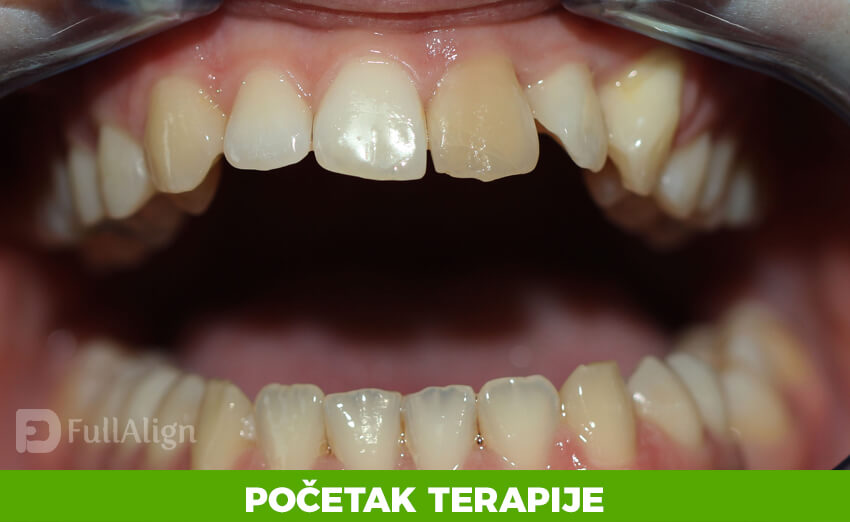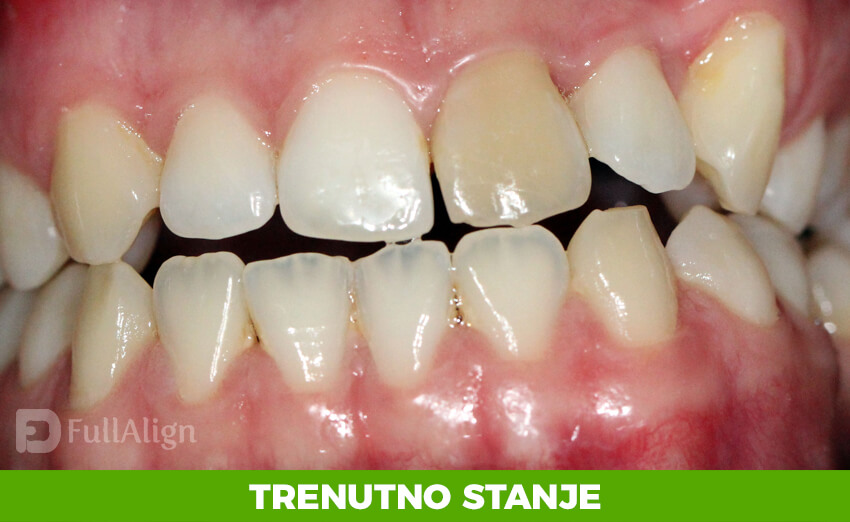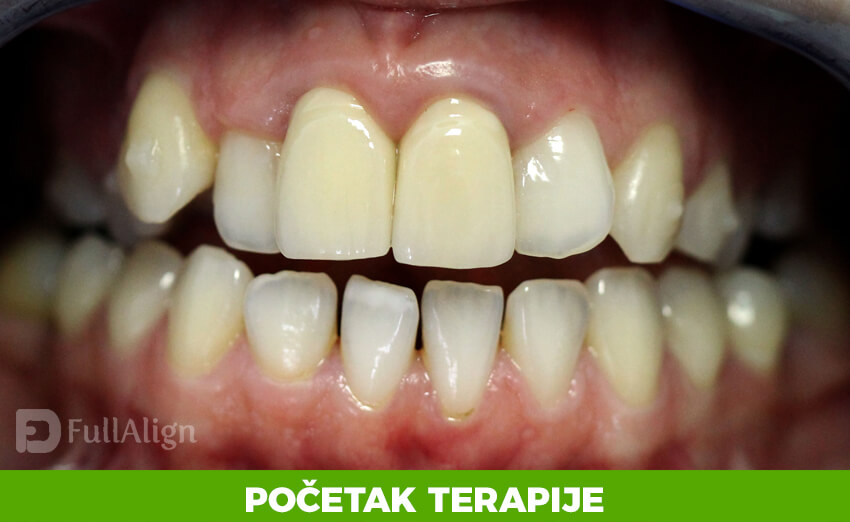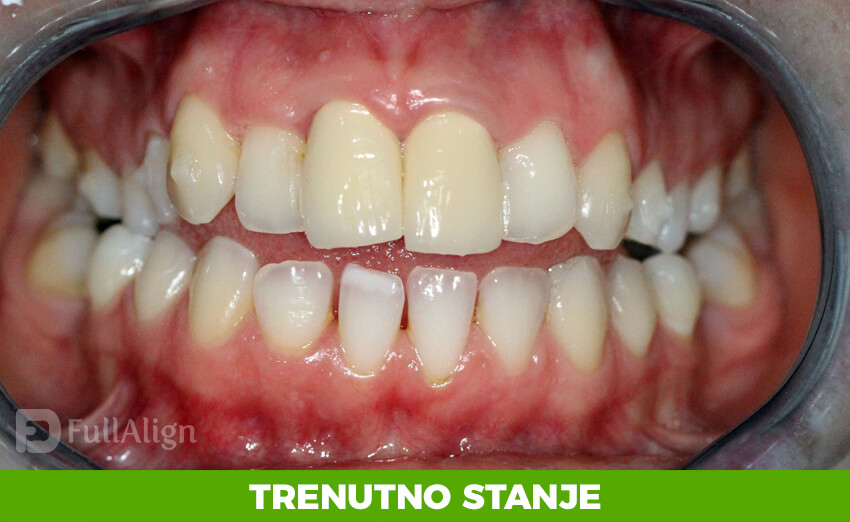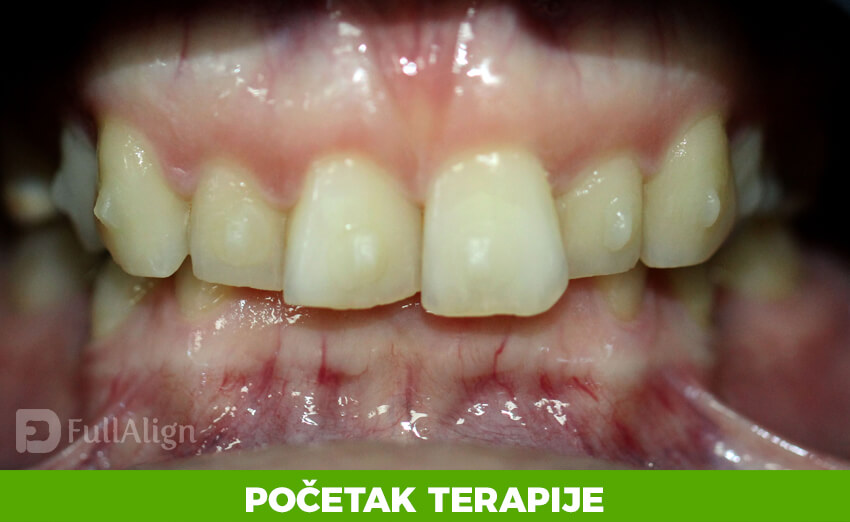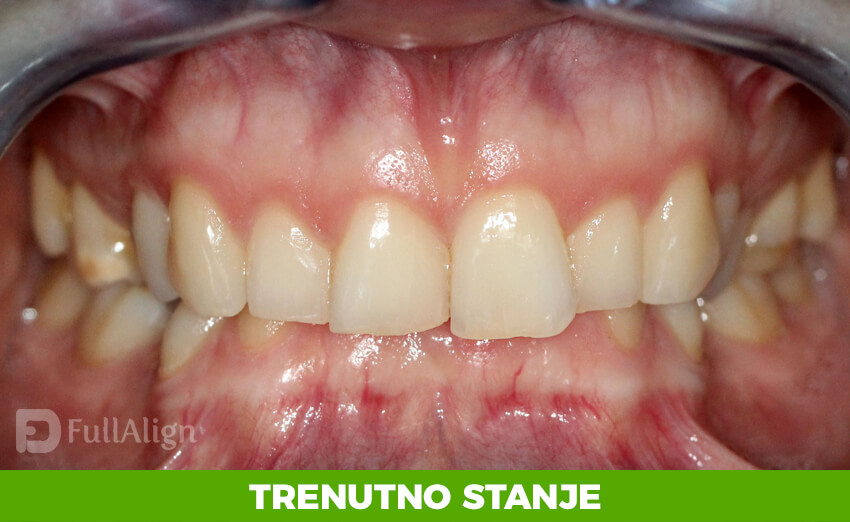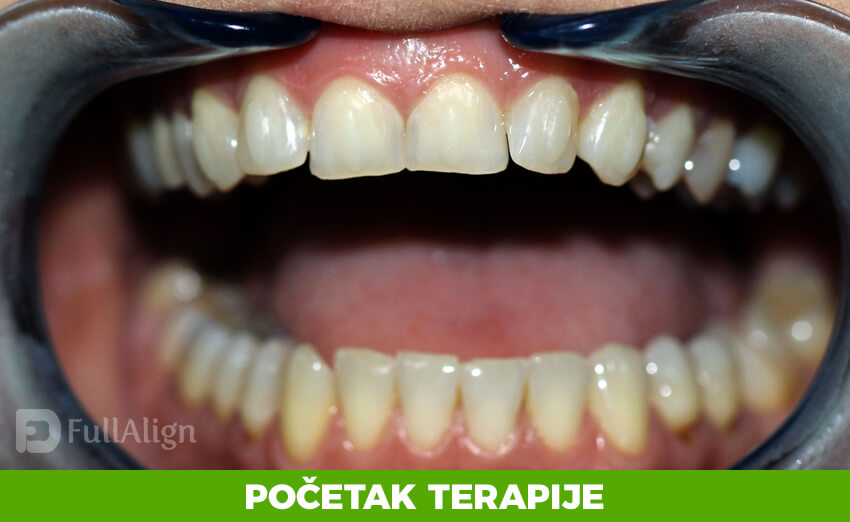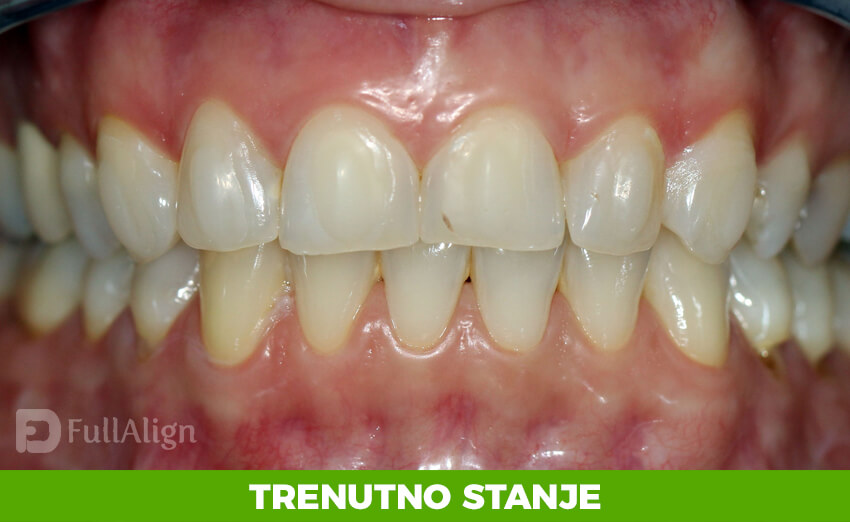Cholesterol is a fatty material that is found in every cell of the body. While it is crucial for various physical features, such as hormonal agent manufacturing as well as cell membrane formation, high levels of cholesterol can bring about severe health concerns, including cardiovascular disease as well as stroke. In this article, we will certainly discover the foods that are recognized to trigger high cholesterol as well as give you with useful insights to make educated nutritional options.
Recognizing Cholesterol: The Great as well as the Bad
Cholesterol can be extensively classified right into two kinds: low-density lipoprotein (LDL) cholesterol, commonly described as “bad” cholesterol, as well as high-density lipoprotein (HDL) cholesterol, referred to as “excellent” cholesterol. LDL cholesterol has a tendency to accumulate in the arteries, increasing the danger of heart problem, while HDL cholesterol carries excess cholesterol back to the liver for disposal.
Elevated levels of LDL cholesterol are largely influenced by our dietary choices. By lessening the intake of foods high in LDL cholesterol, you can properly manage and also reduce your cholesterol degrees.
- Saturated as well as Trans Fats: The Culprits
One of the major contributors to high cholesterol levels is the intake of saturated and trans fats. These fats are commonly located in animal-based items as well as processed testoy gel forum foods. They can enhance the production of LDL cholesterol in the liver, causing a buildup in the arteries. Below are some typical resources of saturated as well as trans fats:
- Red meat, including beef and lamb
- Full-fat milk items, such as cheese, milk, as well as butter
- Palm oil and also coconut oil
- Fried and refined foods, consisting of convenience food
- Packaged treats, such as cookies, cakes, and also chips
By restricting your intake of these foods, you can properly minimize your LDL cholesterol levels and alleviate the threat of cardiovascular disease as well as stroke.
Unsaturated Fats: A Healthier Selection
While saturated as well as trans fats must be eaten in small amounts, unsaturated fats can be a much healthier option. These fats promote the manufacturing of HDL cholesterol, which helps to remove LDL cholesterol from the arteries. Integrating the following foods right into your diet plan can help preserve healthy and balanced cholesterol degrees:
- Oily fish, such as salmon, mackerel, and sardines
- Nuts and seeds, including almonds, walnuts, and also flaxseeds
- Avocados
- Olive oil as well as various other vegetable oils, such as canola and also sunflower oil
These foods consist of monounsaturated as well as polyunsaturated fats that can improve your cholesterol profile when taken in as part of a well balanced diet regimen.
The Role of Dietary Cholesterol
While nutritional cholesterol does add to total cholesterol levels, its influence is substantially reduced contrasted to the intake of saturated and trans fats. The body manages its cholesterol production based on dietary consumption, causing a compensatory reduction in endogenous cholesterol production. Nonetheless, people with diabetes mellitus or particular hereditary conditions may be much more conscious dietary cholesterol and also ought to regulate their consumption.
- Egg yolks
- Organ meats, such as liver and kidney
- Shellfish, consisting of shrimp and also depanten cream lobster
Although these foods consist of higher quantities of dietary cholesterol, they can still be part of a healthy and balanced diet plan when eaten in small amounts.
The Role of Fiber and Plant Sterols
Adding fiber-rich foods as well as plant sterols to your diet can better assist handle your cholesterol levels. Soluble fiber, found in oats, barley, beans, and fruits like apples and also berries, can minimize LDL cholesterol absorption in the bloodstream. Plant sterols, discovered in fortified foods like spreads, yogurt, and some vegetables and fruits, have a similar effect on cholesterol absorption. Including these foods in your diet plan can give added assistance in keeping healthy and balanced cholesterol degrees.
It is very important to keep in mind that while diet plan plays a significant function in taking care of cholesterol levels, other aspects such as physical activity, genetics, and total way of living choices also add to your general cardio health and wellness. Consulting with a health care specialist or a signed up dietitian can assist you establish a customized plan to maximize your cholesterol degrees.

